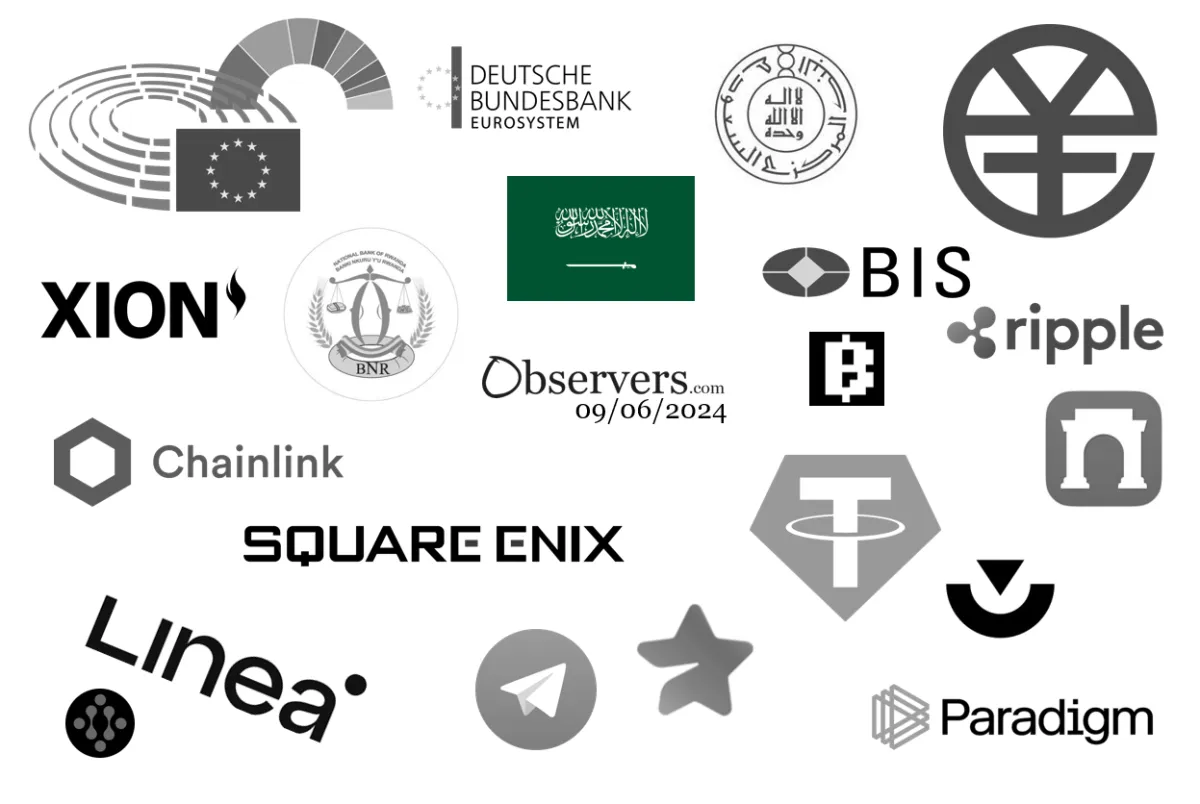
Today millions of voters across the European Union are heading to the polls to elect their country's representatives in the bloc's Parliament for the next five years.
While the economic might of the twenty-seven-country union has been decreasing over the last few decades, its political institutions remain the leading authorities in creating legislation.
As one of the most influential institutions in building the frameworks that regulate markets, societies, and technology, the EU Parliament has a unique role in shaping how the world works.
The next wave of representatives will clarify crucial matters relating to today's most pressing challenges, such as environmental collapse, the migration crisis, monopolistic market competition, and the proliferation of artificial intelligence.
The Markets in Crypto Assets Regulation (MiCA), approved by the previous 700+ MPs and scheduled to enter into application between June and December 2024, is set to change how the crypto industry operates by setting new standards, guidelines, and limitations.
Paradigm's new mechanism for allowing layer-two dApps to extract Maximal Extractable Value (MEV) revenue is likely to be considered illegal once MiCA becomes applicable, as the new legislation considers the profit-making strategy a form of market abuse.
Once it launches, XAU1, a new type of stablecoin project financed by USDT's issuer Tether and developed by XREP in collaboration with Unitas Foundation, will also have to comply with requirements on e-money tokens and asset-reference tokens written down in the pioneering legal framework.
Other key EU legislation for the crypto industry is the "travel rule," approved in April, which sets down laws for tracing transfers of crypto-assets and blocking suspicious transactions. After the industry applies the legal standards imposed by this new law, escape strategies like one of the hackers who stole $6.8 million from the Velocore exchange on June 2 and then washed the funds on Tornado Cash, might become unfeasible. It will be difficult for the Linea blockchain founders to justify an exemption from MiCA due to operations in a fully decentralized manner after they halted the blockchain to prevent losses.
More legislation will have to be written down as the development of innovative ideas, such as XION's Generalized Abstraction, transforms blockchain into a technology that can be used in everyday mainstream operations.
Ethereum also has an active proposal to introduce a generalized abstraction feature. The blockchain's innovations keep taking the blockchain industry forward. The Dencun update successfully lowered the fees on its scaling solutions, leading to a growth in their activity levels. It also contributed to projects moving from competing Layer ones and the Ethereum mainnet to the platform's layer-twos.
Despite the rapid innovation in decentralized projects, there is still a long way to go before they can replace existing companies. DeSoc platform Farcaster exemplifies how heavy funding and fostering democratic solutions alone don't bring about a technology revolution. Onboarding people is the differentiative and most crucial factor.
Several projects are already succeeding in bringing hoards of people into Web3. Ton's Telegram crypto game Notcoin, which started as nothing and is currently evolving to become an environment that incentivizes new users to explore Web3 products, has been the most effective project in onboarding millions to decentralized tech.
Former Binance employees are trying to replicate Notcoin's success with Blum, a "super simple" decentralized exchange available through Telegram bots. The team has also followed other classical userbase growth strategies, including an airdrop that led to the onboarding of 8 million people in ten days.
As Telegram moves to become the leading social app bridging Web2 users to Web3, it is adapting its product offerings. On June 12, the platform will introduce the virtual item Telegram Stars as a means of payment, substituting all others.
Works are intensifying in the institutional crypto segments too. Real World Asset tokenization is expected to drive the next wave of digital asset technology. Crypto industry giants such as Chainlink and Ripple unveil their plans and tools for the coming season.
The replacement of traditional means of payment with virtual and blockchain-based alternatives is beyond the point of study and consideration. This week, Saudi Arabia officially joined the mBridge project. The initiative by five central banks, in collaboration with the Bank of International Settlements (BIS) is working on a cross-border CBDC that can replace the dollar in international transactions.
In Observers' Banking and CBDC Weekend Roundup, we discuss this and another project announced by BIS, as well as how China, a leading mBridge member, is actively pushing for the adoption of its retail Central Bank Digital Currency within its borders. We also take a look at how some politicians in the U.S. are swimming against the technology-conservative tide and pushing tokenization forward.

